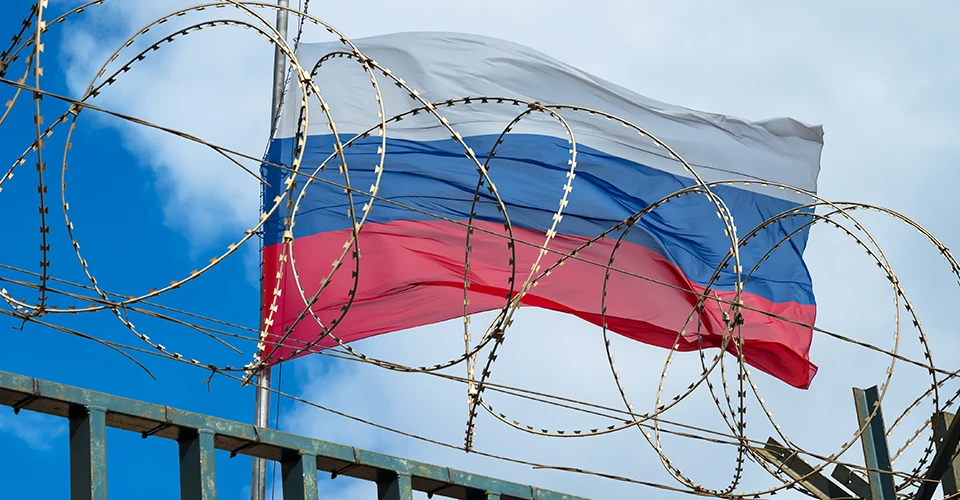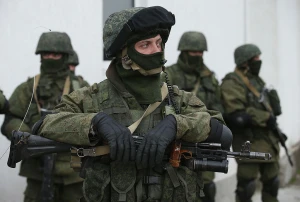
Visas for Russians: Kuleba names 5 points agreed by EU ministers
Ukrainian Foreign Minister Dmytro Kuleba reveals details regarding the issue of banning Russians from entering the EU
He wrote about this on Facebook.
"Yesterday in Prague, after a grueling day of negotiations, the wheels of the European car did turn around and the EU foreign ministers agreed on a position. I am grateful to the Czech presidency of the EU for the opportunity to take part in this discussion, but in fact - a rather fierce diplomatic battle. So, in the beginning, the balance of power was something like this: at one pole — a soft proposal to terminate the agreement with the Russian Federation on a simplified visa processing procedure; at the other — a tough proposal of Ukraine and a group of EU countries to restrict entry to the European Union as much as possible, keeping the doors open only for humanitarian (treatment, family reunification, etc.) and political (human rights defenders, opponents of the Putin regime, etc.) cases," Kuleba wrote.
As the foreign minister noted, following the results of the diplomatic marathon, the decisions turned out to be much closer to the Ukrainian position. "Yesterday's hysterical reaction of the Russian Foreign Ministry is the best evidence of this," Kuleba added.
Dmytro Kuleba also noted that the agreement instead of one element (termination of the agreement) consists of five:
1.It was agreed to completely terminate the agreement on visa facilitation. According to Kuleba, this should significantly reduce the number of new visas that the EU issues to Russians.
2.The idea was also adopted that in the future Schengen visas will be issued primarily to representatives of vulnerable groups, in particular to those Russians who oppose Russia's war against Ukraine.
3. Russian passports issued in the recently occupied territories of Ukraine will not be recognized.
4. The EU will work out a joint solution to answer the question: what to do with the millions of visas already issued to Russians? According to Kuleba, this is "a very important new element."
5.EU countries bordering Russia have been granted the right to apply their own restrictions. "This is very important and opens the way for Russians to close the land borders of the European Union right now, without waiting for major joint decisions of the EU," the foreign minister said.
According to Kuleba, these five points are much tougher than supporters of a soft approach to issuing visas to Russians wanted.
"Therefore, this is an important turning point and the result of a difficult discussion between real partners, in which a balance was found. But we must look soberly at this result - its effectiveness will largely depend on how the agreement is transformed into concrete legal solutions and will be implemented by all EU member states and the European Commission," Kuleba concluded.
-
Estonian Foreign Minister Urmas Reinsalu said that Estonians will ban entry to their territory for the majority of Russians in a few weeks.
- News














































